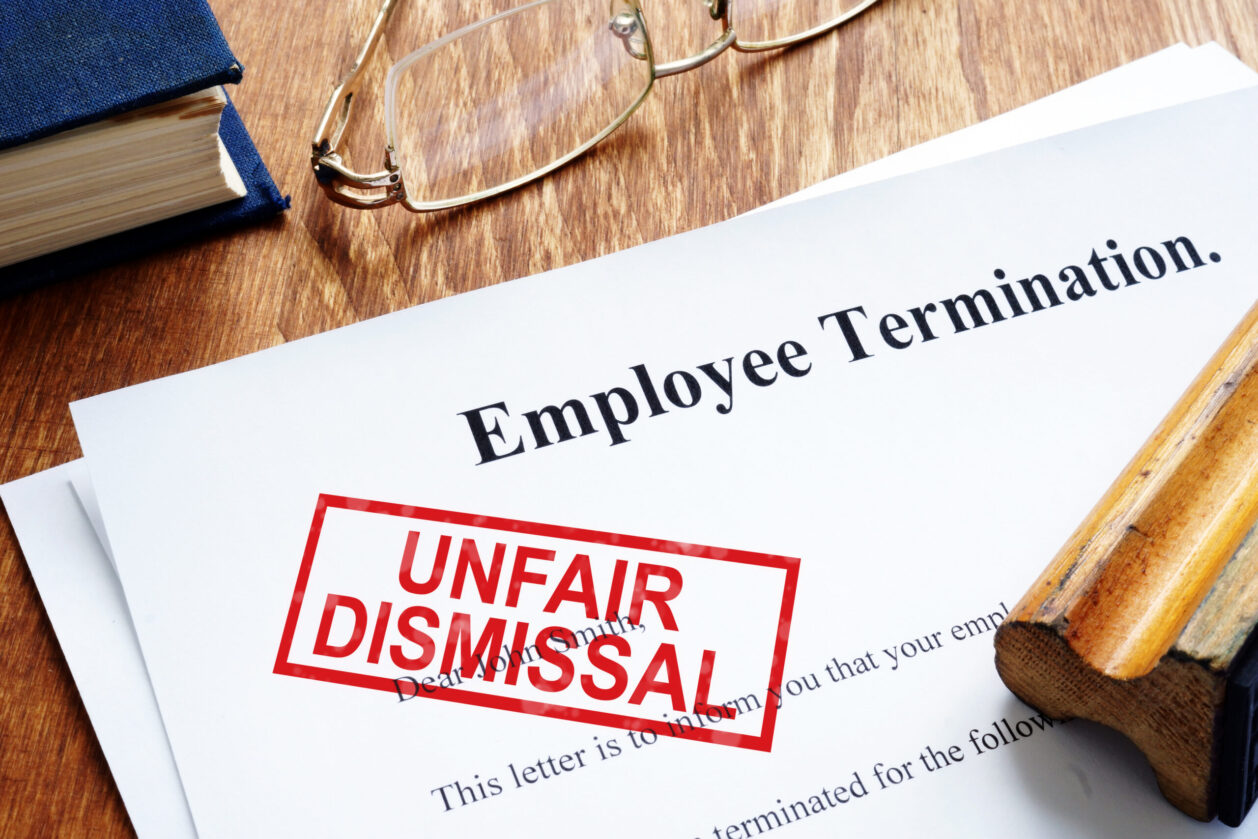Under most awards, 38 hours is considered a standard working week for full-time employees.
But many workplaces may require their workers to put in additional hours on a consistent or occasional basis. So what's allowed?
CCIWA’s Employee Relations Adviser James Linn talks you through your rights as an employer when it comes to staff overtime.
Under the Fair Work Act (2009), employers can request:
- A full-time employee to work more than 38 hours in a week; or
- A part-time worker to work more than their set hours of work.
Employers can require their workers to work overtime if it is stipulated in their contract of employment.
Under most awards, overtime starts after 38 ordinary hours per week. However, an employee’s contract may stipulate they will work 40 hours per week.
This means two hours is considered overtime. However, you can require an employee to work all 40 hours if they've agreed to this in their contract.
Linn explains that if an employee has not agreed to work overtime in their contract, a request to work any overtime must be reasonable.
“The employee can refuse to work overtime if your request is not reasonable,” he said.
“However, if your request is reasonable, the employee cannot refuse your request. If they fail to work the reasonable overtime, you may be able to discipline the employee.”
There is no limit to the number of additional hours an employee can work under the Fair Work Act, as long as it is reasonable.
Linn advises employers to consider the following in determining whether a request for overtime is reasonable:
- any risk to employee health and safety;
- workplace requirements;
- the usual patterns of work in the industry; and
- the nature of an employee’s role.
“Whether an employee is entitled to receive additional compensation, such as overtime payments under their award or agreement, is also important - along with how much notice you provide,” Linn adds.
These considerations also apply to employees who have overtime built into their contracts.
An employee can refuse to work additional hours if their reason for refusal is reasonable – for example family or caring responsibilities.
They can also refuse if your request is not reasonable, according to the above criteria.
For situations where an employee’s work fluctuates, employers may want to average that employees’ ordinary hours of work over a specified timeframe.
This is possible under certain awards.
For example, under the Clerks-Private Sector Award, 38 ordinary hours a week can be averaged over a period of up to four weeks with the total not exceeding 152 hours.
Over a two-week period, that employee could work 30 hours in week one and 46 hours in week two.
Any hours worked in excess of the ordinary weekly hours would be treated as additional hours, which means you need to ensure these additional hours are reasonable.
For staff not covered by an award or agreement, they can also average their ordinary hours of work, over a maximum 26-week period.
Any agreement of this nature must be in writing.
A working arrangement where an employee works more hours on fewer days depends entirely on the award or agreement that covers their work.
For example, under the Clerks-Private Sector Award, a full-time employee can generally work:
- 38 ordinary hours per week,
- between 7:00am and 7:00pm on Monday to Friday; and
- 12:00am and 12.30 pm on Saturday.
Under this award, the maximum number of ordinary hours an employee can work per day is 10, excluding any unpaid meal breaks.
Therefore, under this award an employee can work longer shifts over fewer days, as long as they work within those boundaries.
For employees not covered by an award or agreement, there are no restrictions under the Fair Work Act for when an employee can perform their ordinary hours.
This means working with your staff to agree to a pattern of work that suits both parties, whatever that might be.
If an agreed pattern of work has been established, any changes to those hours generally requires consultation with the employee and their consent.

In the 2019 Fair Work Commission (FWC) hearing Currie v Trustee for B&S Hambleton Trust T/A Perfect Coat Painting, an employer was ordered to pay an apprentice eight weeks’ wages.
The FWC found that apprentice painter Mr Currie was unfairly dismissed for refusing to work overtime on a Sunday.
In the hearing, the Commissioner ruled that it was not reasonable for Mr Currie’s employer to dismiss him for not coming to work on a Sunday.
This case serves as a reminder to employers that their request to work additional hours must be reasonable.
For help and guidance in this area, contact CCIWA’s Employee Relations Advice Centre on (08) 9365 7660 or [email protected].






